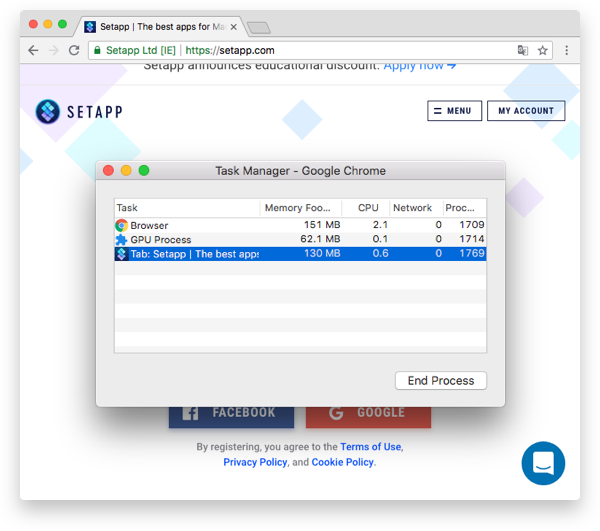
"Their days of use will match actual use of the web application which resets the timer. "Web applications added to the home screen are not part of Safari and thus have their own counter of days of use," he explained in an update. While the seven-day storage window applies to Safari, it doesn't apply to all web applications.

In response to concerns voiced in various forums, Wilander on Wednesday added a clarification to his memo that may assuage developer concerns. "And thatâs a huge blow to the future of privacy." "Deleting all local storage (including Indexed DB, etc.) after seven days effectively blocks any future decentralized apps using the browser (client side) as a trusted replication node in a peer-to-peer network," wrote programmer Aral Balkan in a blog post. We should hope that Apple will want to share their experiences with the broader web community."īut some developers have complained that the automatic local data deletion will make privacy worse by forcing web apps to connect to the internet to fetch application state data and configuration data.

The big questions are how the future web architecture will look like.
/001-clear-browsing-data-in-chrome-for-ios-4103638-33f4928c54d14db2a79a67ce68988af5.jpg)
"It was a long fight of the previous decade, but we're slowly arriving there. "It's the direction all other web browser vendors want to pursue, eventually," said Olejnik. In an email to The Register, Dr Lukasz Olejnik, an independent privacy researcher and consultant, praised the changes as a positive step that further improves privacy controls. Safari's Intelligent Tracking Protection is misspelled, says Google: It should be Dumb Browser Stalking Enabler READ MOREĪpple's latest ITP changes have been welcomed by privacy experts.


 0 kommentar(er)
0 kommentar(er)
